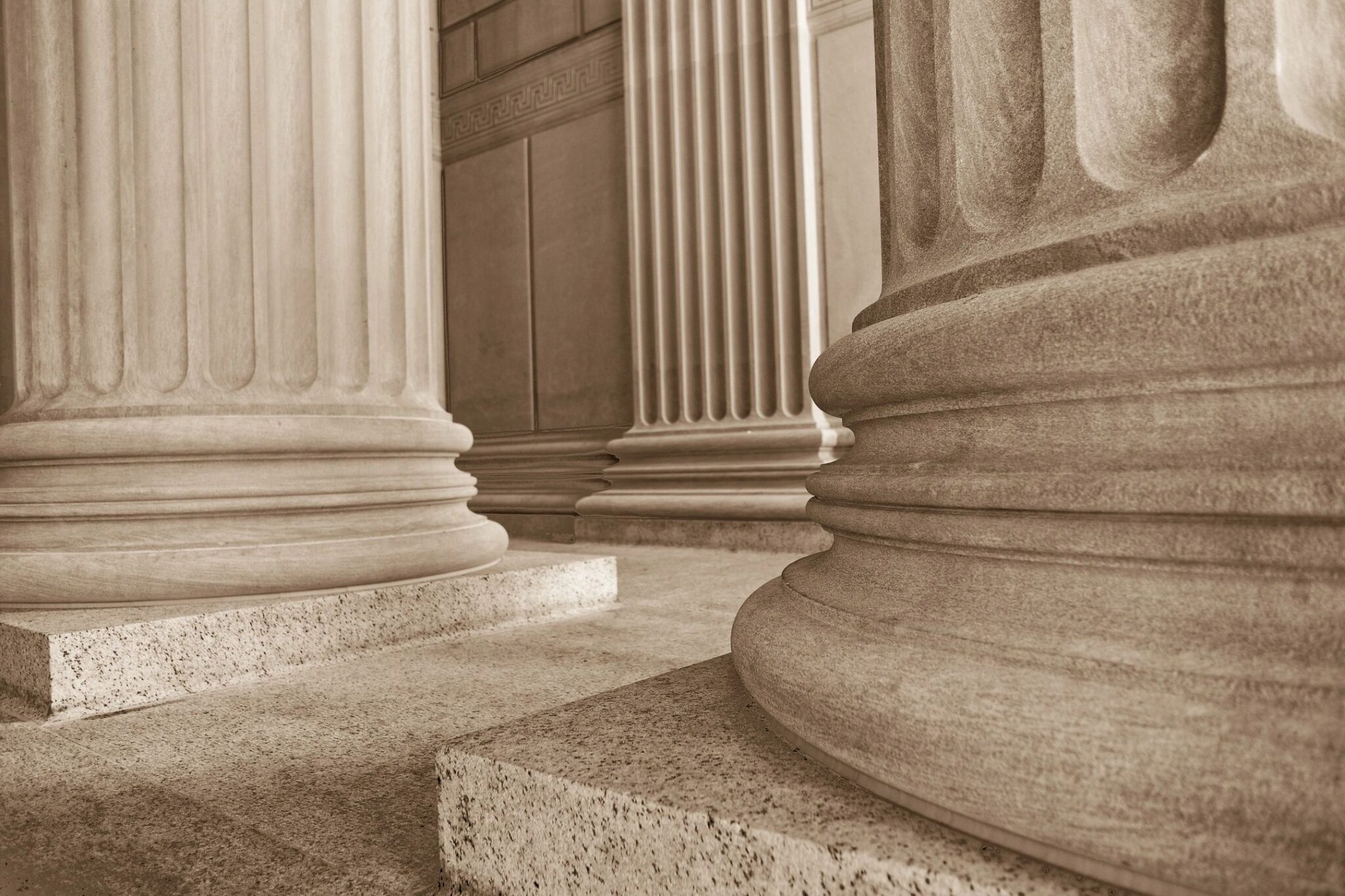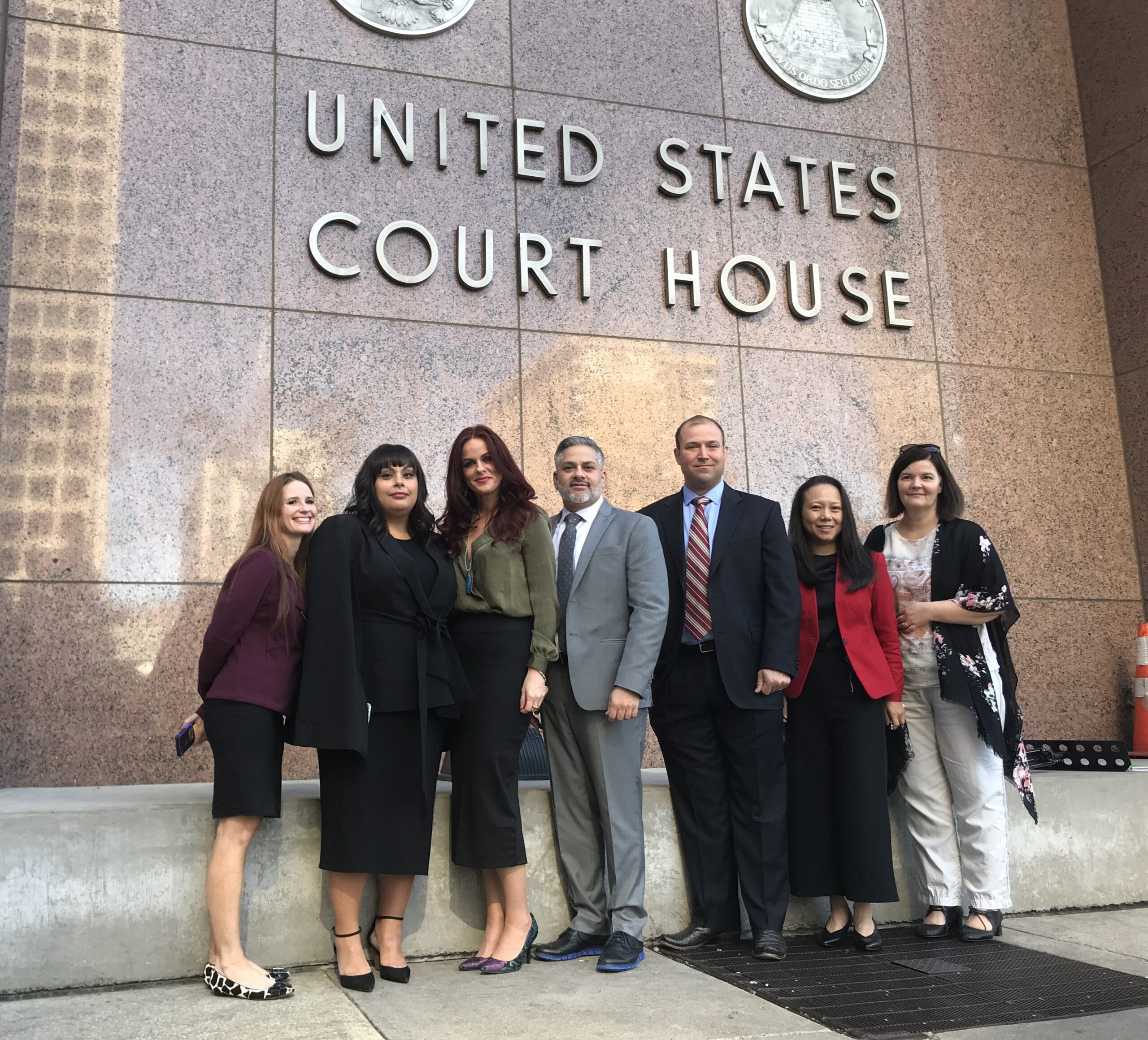Updated May 30, 2023
New York City Mayor Eric Adams enacted an anti-discrimination law on May 26 banning discrimination based on an individual’s height or weight when it comes to employment, housing or access to public accommodations. With the new legislation, residents of New York City will be able to bring claims of discrimination related to their physical appearance before the New York City Commission on Human Rights, a local agency responsible for examining cases of discrimination and harassment.
The bill, sponsored by Manhattan Democratic Councilman Shaun Abreu, will be effective on Nov. 22, 2023. Prior to that date, employers must review their official policies to ensure that they do not include discriminatory practices against height and weight The law includes an exemption for positions where a certain height and weight are required to complete the functions of the job, as stated in federal, state or local law, or if permitted by the NYC Commission on Human Rights.
New York State legislators are aiming to pass a similar bill on the state level, which would prohibit weight and height discrimination across the state. Other states, including Massachusetts, Vermont, and New Jersey, are considering similar legislation in their respective states.
Michigan is currently the only state that bans height and weight discrimination, and only three US cities already have an ordinance in place to ban appearance-based discrimination – San Francisco, California; Madison, Wisconsin; and Urbana, Illinois.
Mayor Eric Adams said the passage of this bill is a significant step towards eliminating appearance-based discrimination in New York City.
“It shouldn’t matter how tall you are or how much you weigh when you’re looking for a job, are out on the town, or trying to rent an apartment,” he said. “This law will help level the playing field for all New Yorkers, create more inclusive workplaces and living environments, and protect against discrimination.”











 We are pleased to announce that
We are pleased to announce that 

